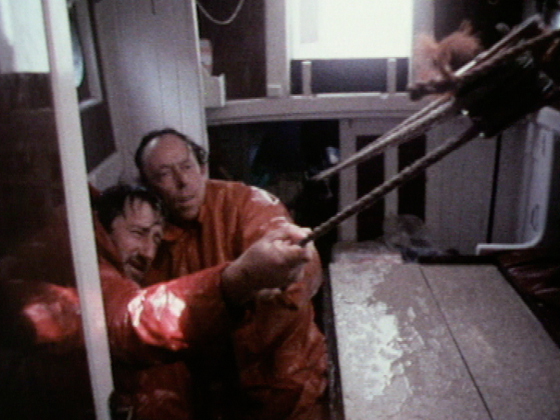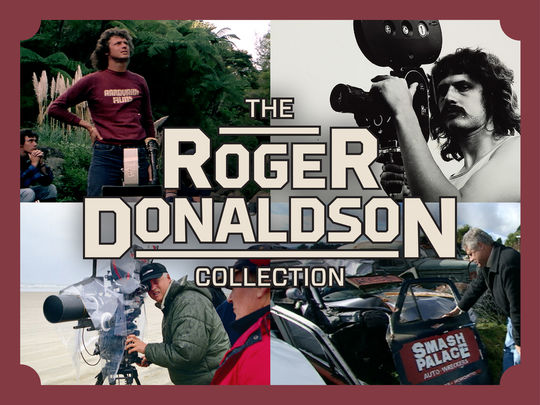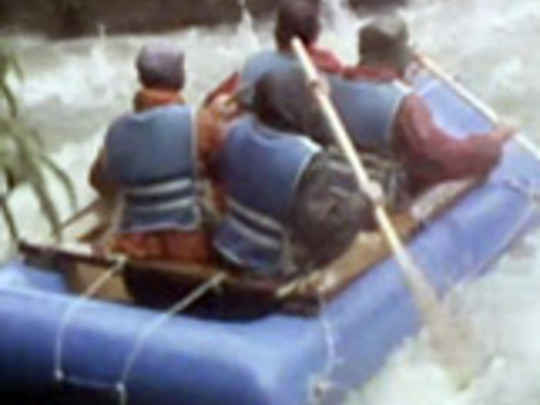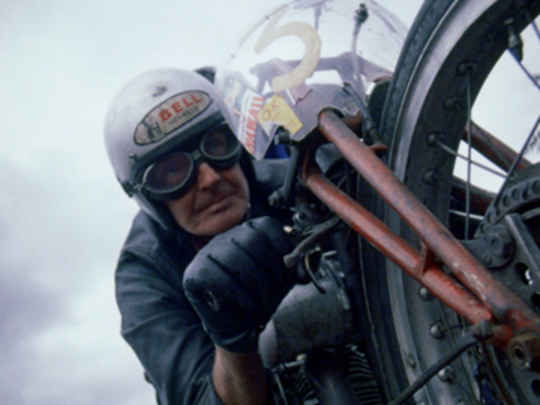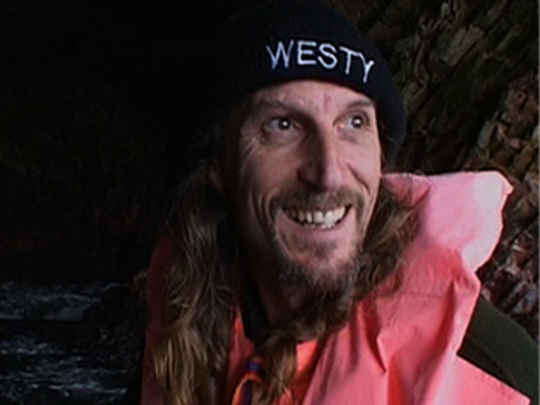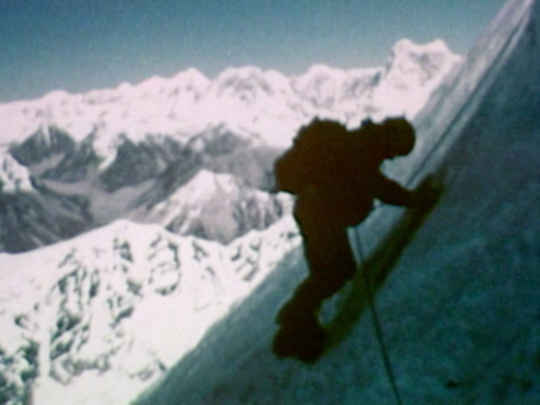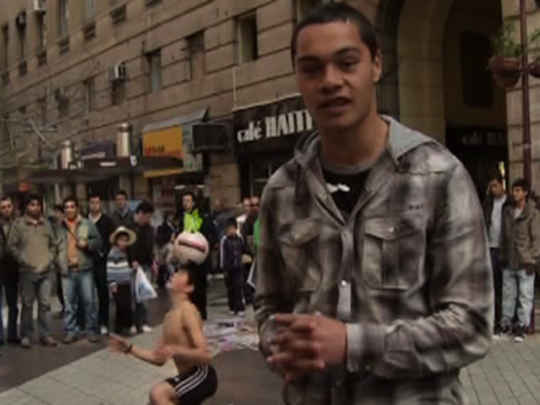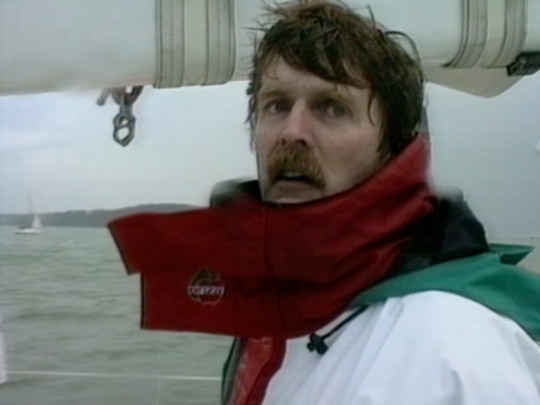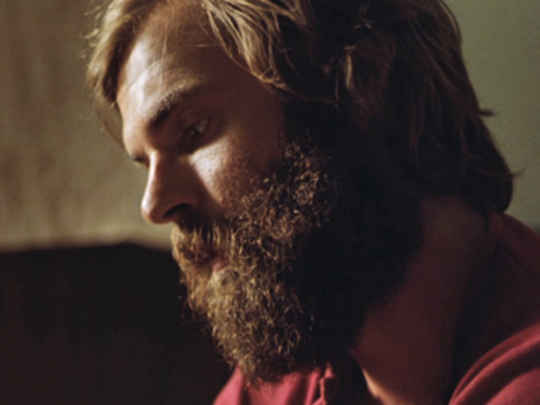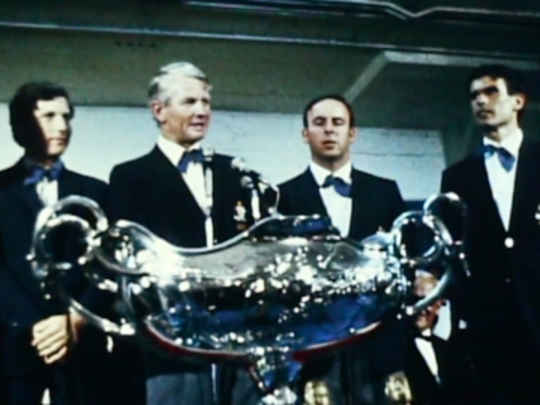Flatter not yourselves that good luck is good judgement or discretion. You might have foundered and gone down had the spirit of the Horn said the word...
– American author Herman Melville warns sailors not to congratulate themselves for successfully passing Cape Horn
I'd had this idea to do a great adventure series and had met Ed [Hillary] and liked him a lot ... the first of the series was going to be around Cape Horn. Peter Mulgrew was to organise the expedition and Ed, who was no sailor, would come along for a while. But the day we were going there was the coup in Chile and Allende was overthrown. Ed was told by the Department of External Affairs that the new junta in Chile was going to have a state reception for him. He sure as hell was no fan of the Chilean military junta so he said we wouldn't go.
– Director Roger Donaldson on how the documentary began, Metro, 1982, page 82
There's a strong feeling between the Chileans and the Argentines regarding territory and we were right on the border of the disputed territory, so there was quite some feeling about a Chilean vessel coming into Argentine waters and coming to the southernmost Argentine town Ushuaia ... the ship herself, being Chilean, wasn't welcome...
– Narrator David Yerix on territorial tensions between Chile and Argentina in 1979
It must be the remotest and most desolate and unpleasant and hungriest and coldest and wettest and most miserable military post that you could possibly imagine.
– Skipper Peter Mulgrew's description of the tiny Chilean military outpost on Herschel Island, approaching Cape Horn
They've come 7000 miles only to have their mountain turn into a bit of a molehill...
– Narrator David Yerix on the unusual conditions the Rayo strikes around the notorious Cape Horn
It's hard to put into words the feeling of loneliness and solitariness of a place like that, when you're looking at someone that you're leaving — even though you don't know him, you have a strong feeling for him...
– A Rayo crew member on leaving the tiny settlement of Wulaia, home to a lone sheep farmer
Anyone involved with the sea and yachting always has a hankering to go round the Horn; you read all these books about the Horn...somehow or other it has the lure.
– Skipper Peter Mulgrew on the pull that Cape Horn exerts over sailors
I could see a tremendously exciting historical aspect in this area and to go there and to be in the same waters as these early sailors and navigators to me became very thrilling.
– Crew member Wally Romaine on the appeal of sailing around Cape Horn
We were staying at the Sheraton which was where whoever masterminded the coup had based themselves. Every night there would be a curfew and the gunfire would start up. We'd be sitting dining in front of these giant plate glass windows while it sounded like some great pitched battle was raging outside. One night there were helicopters flying around with searchlights and sub-machine guns.
– Director Roger Donaldson on spending time in Chile during a coup, Metro, 1982, page 82
Donaldson had firsthand experience of a military state when he was making the Cape Horn film with Peter Mulgrew. It was an experience which he realises now probably had a lot to do with his decision to make Sleeping Dogs.
– Writer Liz Glasgow on how time in Chile helped inspire Roger Donaldson's first movie, Metro, 1982, page 82
